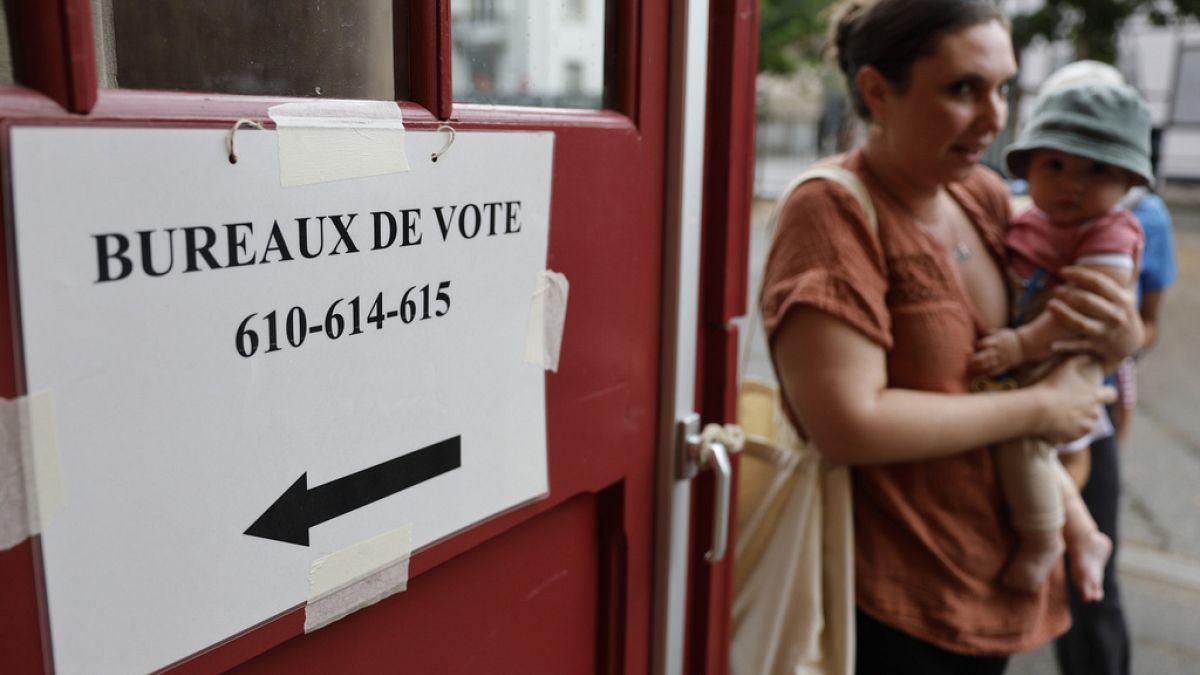The first round of the French legislative election has seen a significantly higher turnout at mid-day compared to the previous election two years ago. According to interior ministry figures, the turnout at 12pm stood at 25.9 percent, while in the 2022 election it was only 18.43 percent. This increase in voter participation suggests that people are viewing this election as more crucial than the previous one. The three main political blocs competing in the election are the far-right National Rally, President Emmanuel Macron’s centrist alliance, and the New Popular Front coalition composed of center-left, green, and hard-left forces.
The outcome of the election could potentially place the French government in the hands of far-right parties for the first time since the Nazi era. With European financial markets, Western support for Ukraine, and the French nuclear and military force all potentially being impacted by the results of the election, the stakes are high. A total of 49.5 million registered voters will choose 577 members of the National Assembly, France’s lower house of Parliament. Polling stations opened in mainland France at 8am on Sunday, with the first polling projections expected by 8pm and official results later in the night.
The snap election was called by President Macron following the success of the far-right National Rally in European Parliament elections in June. The two-round election is set to conclude on July 7, with voters in French overseas territories already casting their ballots on Saturday. The higher turnout at mid-day in the first round of the election indicates that voters are actively engaged and see the outcome of the election as important. It is a crucial time for French politics as the potential shift in government could have far-reaching implications for both domestic and international affairs.
The French legislative election will play a significant role in determining the future direction of the country, with the possibility of far-right parties gaining control of the government. The three major political blocs competing in the election represent a wide range of ideologies, from the far-right to the center-left. The outcome of the election could have major consequences for European financial markets, Western support for Ukraine, and the French nuclear and military force. With such high stakes, voter turnout has been higher than in the previous election, showing that people are taking this election seriously and understand its importance.
President Macron’s decision to call a snap election following the far-right National Rally’s success in European Parliament elections has set the stage for a closely watched political battle. The election, scheduled to conclude on July 7, will determine the composition of the National Assembly and shape the future of French politics. With the first round turnout already showing an increase in voter participation, it is clear that the French electorate is engaged and invested in the outcome of this election. As the election progresses, the world will be watching to see how the balance of power shifts and what impact it will have on both domestic and international affairs.











